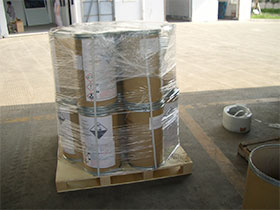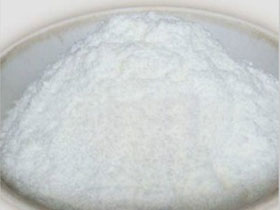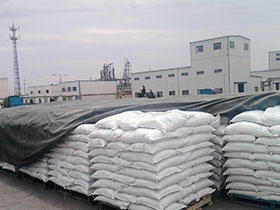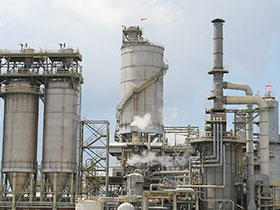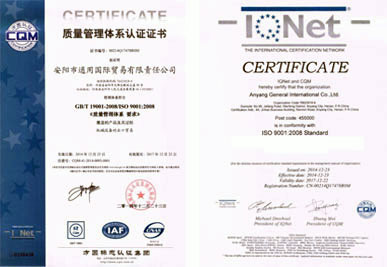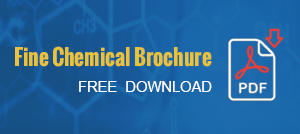Diflubenzuron | CAS 35367-38-5
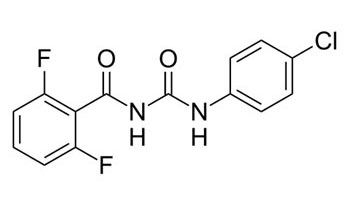
- CAS NO.: 35367-38-5
- EINECS No.: 252-529-3
- Molecular Formula: C14H9O2N2F2Ci
Product Information
- Product Name: Diflubenzuron
- Molecular Weight: 310.7
- Chemical Name: 3-(2,6-Difluorobenzoyl)-1-(4-chlorophenyl)urea
- Synonyms: Difluron; dimilin; duphacid; TH-6040
- Type: Insecticides and pesticides
- Appearance: White to light yellow crystal powder
- Content: ≥98%
- Persistent foam(1min): ≤60ml
- Wet sieve test (75μm sieve): ≤2%
- Stability at 54±2, 14 days: Qualified
- Wetting time: ≤60s
- Suspensibility: ≥70%
- Water: ≤0.5%
- PH: 6.5-8.5
- Packing: 25kg fiber drums with inner film; 25kg woven bags with inner film
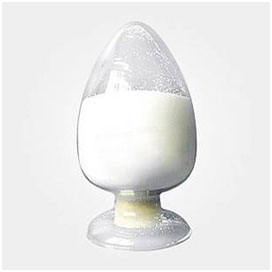
Diflubenzuron is a benzamide insecticide used on forest and field crops to selectively control insects and parasites. Principle target insect species are the gypsy moth, forest tent caterpiller, several evergreen eating moths and the boll weevil.
Main Preparations:
1) Diflubenzuron 97% Technical Grade
2) Diflubenzuron 95% Technical Grade
3) Diflubenzuron 25% Wettable Powder
Uses:
- Diflubenzuron is an insect growth regulator, disrupting the formation of the insect cuticle by chitin synthesis inhibition, therefore the application time is at insect moulting, or hatching of eggs.
- It is used against a wide range of major pests including mosquitos, grasshoppers and migratory locusts. Due to its selectivity and rapid degradation in soil and water, diflubenzuron has no or little effect on the natural enemies of various harmful insect species.
- The properties make it suitable for inclusion in integrated control programmes. It can also be used widely as animal health care medicament in Australia and New Zealand.
- It can be control of a wide range of leaf-eating insects in forestry, woody ornamentals and fruit. Controls certain major pests in cotton, soya beans, citrus, tea, vegetables and mushrooms. Also controls larvae of flies, mosquitoes, grasshoppers and migratory locusts.
- It also used as an ectoparasiticide on sheep for control of lice, fleas and blowfly larvae. Due to its selectivity and rapid degradation in soil and water, it has no or only a slight effect on the natural enemies of various harmful insect species. These properties make it suitable for inclusion in integrated control programmes.
Factory Show

